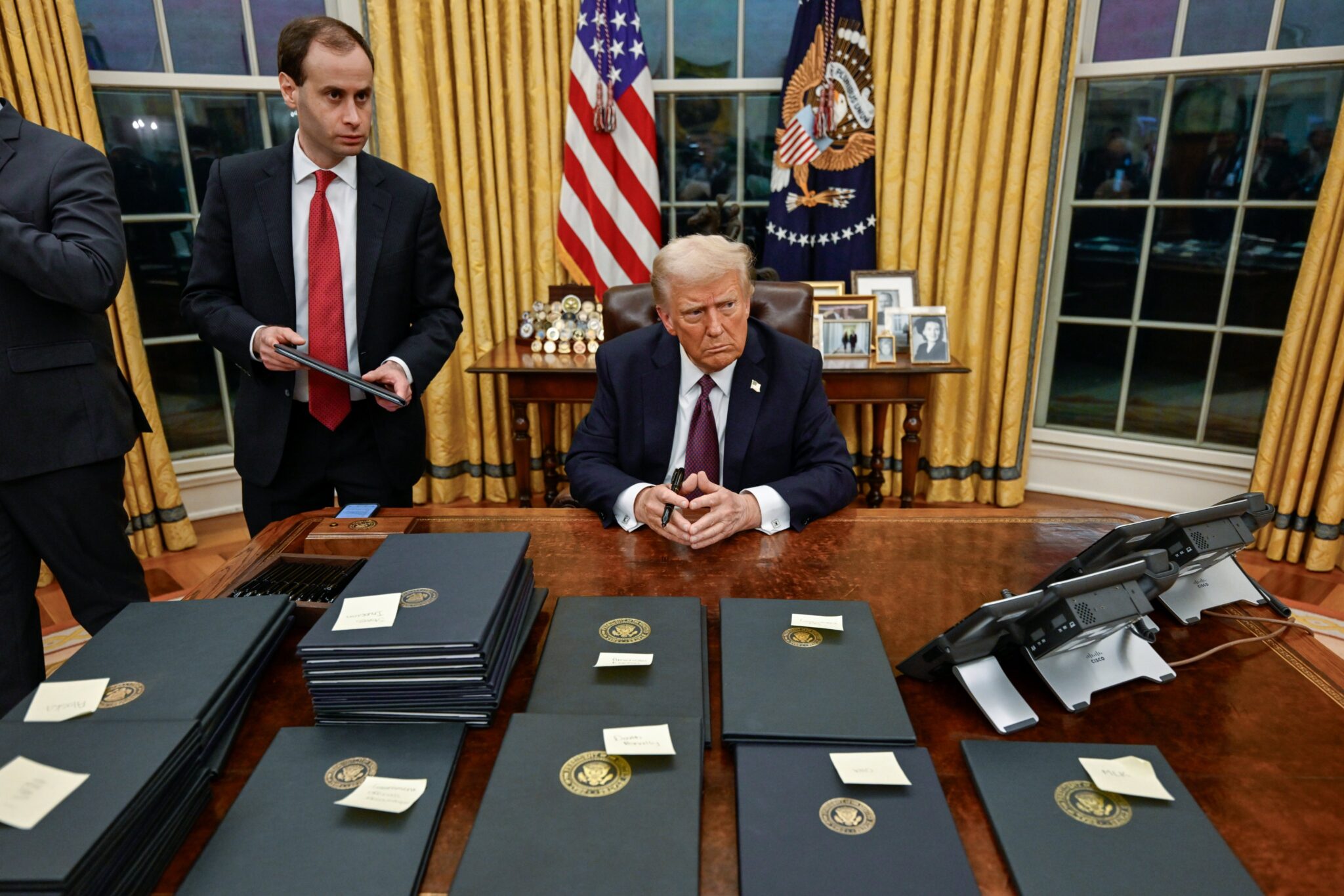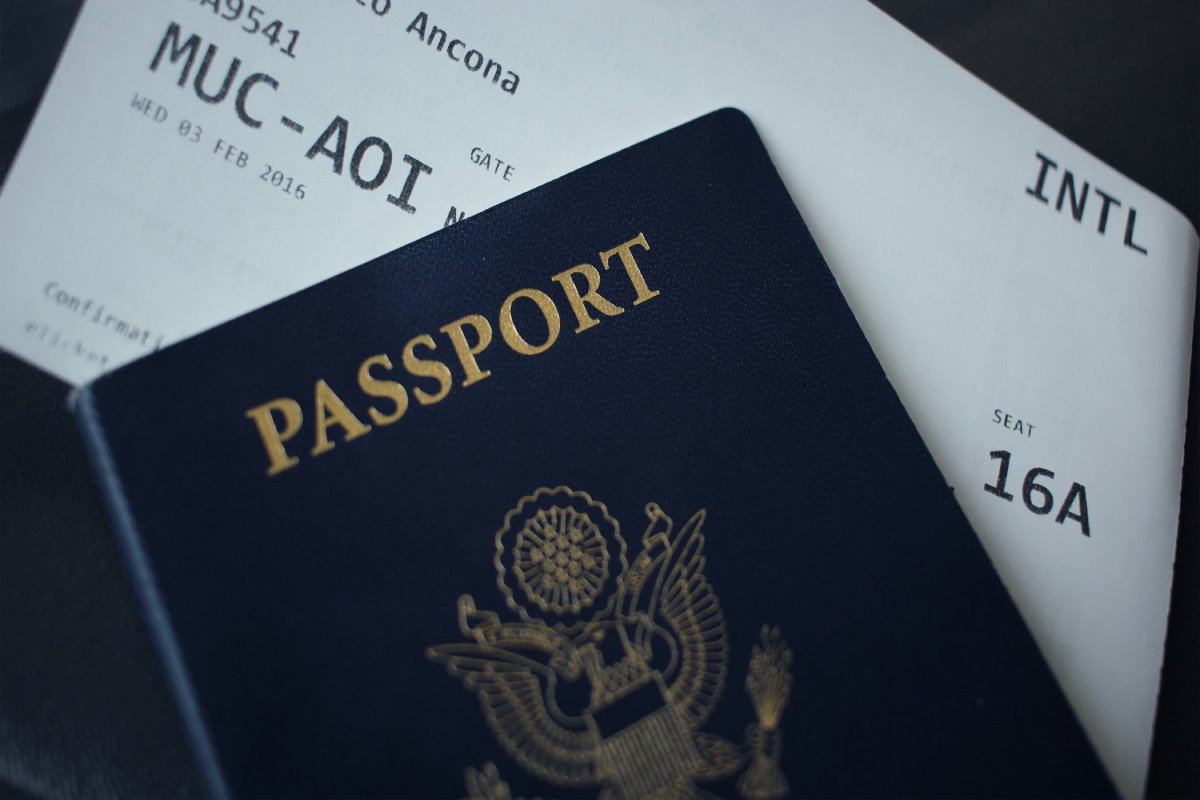Sen. Schumer reacts to the cruise lines' self-imposed cruisers' bill of rights
Skift Take
Senator Chuck Schumer calls the cruise industry's new passenger bill of rights "a step in the right direction," but he will be querying the cruise lines on how it will be enforced.
“While I believe that this passenger bill of rights is a step in the right direction towards increased accountability for the cruise industry and ensuring the safety and well-being of its passengers, I still have many remaining questions, both on the content and how the bill of rights will be enforced," Schumer tells Skift. "I will be asking the industry to respond to a set of detailed questions, and will continue to insist on changes to ensure the safety and well being of their passengers.”
Taking a classic page from the crisis-management playbook, the Cruise Lines International Association yesterday issued its own International Cruise Line Passenger Bill of Rights (see below).
Many of the provisions either codify standard industry practices, such as the right to transportation home if a sailing is terminated because of a mechanical failure, or have so many loopholes that the the "rights" end up being mere possibilities.
The New York Senator in March called on the cruise industry to adopt a Cruise Ship Bill of Rights, with the inspiration coming from the tarmac delay rules in the airline industry.
The cruise industry has been under pressure since the Carnival Triumph fiasco earlier this year and a long list of other mishaps, including the Costa Concordia tragedy in 2012. Industry leader Carnival Corp. has even lowered its profit projections for 2013, citing its need to lower cruise fares even more than anticipated to get people to sail.
In one of Schumer's provisions, he had called for "the right to disembark a docked ship if basic provisions cannot adequately be provided onboard."
CLIA's version of that plank in its cruise passenger bill of rights leaves a lot of wiggle room, stating:
"The right to disembark a docked ship if essential provisions such as food, water, restroom facilities and access to medical care cannot adequately be provided onboard, subject only to the Master’s concern for passenger safety and security and customs and immigration requirements of the port."
In other words, if food and water can't be provided, but there is access to medical care, then perhaps the right to disembark becomes fleeting.
CLIA's inclusion of "the right to an emergency power source in the case of a main generator failure," indeed breaks some new ground, but it lacks specifics as to what this consists of: a flashlight in every room or a redundant, backup generator with enough juice to power hotel services onboard the ship?
Other provisions, such as the right to have a toll-free number listed on the cruise line's website, seem common sense.
Schumer will be sending cruise lines questions about these provisions to gauge how they will be enforced, and perhaps in the end passengers rights will be strengthened.
Or if Schumer finds that there isn't much support for pushing the cruise lines to take stronger steps, then CLIA will have succeeded in forestalling stiffer measures.
Here's CLIA's International Cruise Line Passenger Bill of Rights:
- The right to disembark a docked ship if essential provisions such as food, water, restroom facilities and access to medical care cannot adequately be provided onboard, subject only to the Master’s concern for passenger safety and security and customs and immigration requirements of the port.
- The right to a full refund for a trip that is canceled due to mechanical failures, or a partial refund for voyages that are terminated early due to those failures.
- The right to have available on board ships operating beyond rivers or coastal waters full-time, professional emergency medical attention, as needed until shore side medical care becomes available.
- The right to timely information updates as to any adjustments in the itinerary of the ship in the event of a mechanical failure or emergency, as well as timely updates of the status of efforts to address mechanical failures.
- The right to a ship crew that is properly trained in emergency and evacuation procedures.
- The right to an emergency power source in the case of a main generator failure.
- The right to transportation to the ship’s scheduled port of disembarkation or the passenger’s home city in the event a cruise is terminated early due to mechanical failures.
- The right to lodging if disembarkation and an overnight stay in an unscheduled port are required when a cruise is terminated early due to mechanical failures.
- The right to have included on each cruise line’s website a toll-free phone line that can be used for questions or information concerning any aspect of shipboard operations.
- The right to have this Cruise Line Passenger Bill of Rights published on each line’s website.




